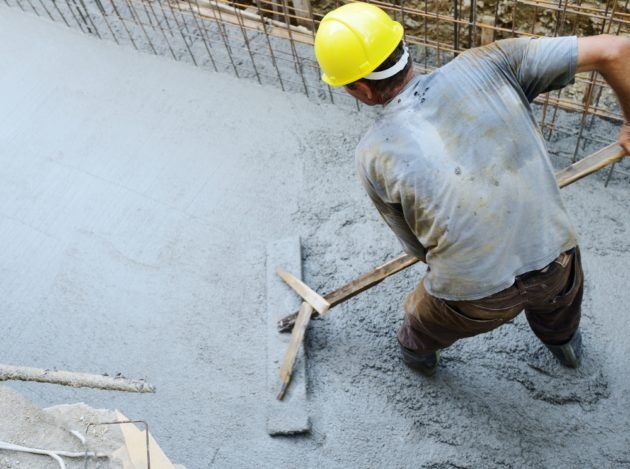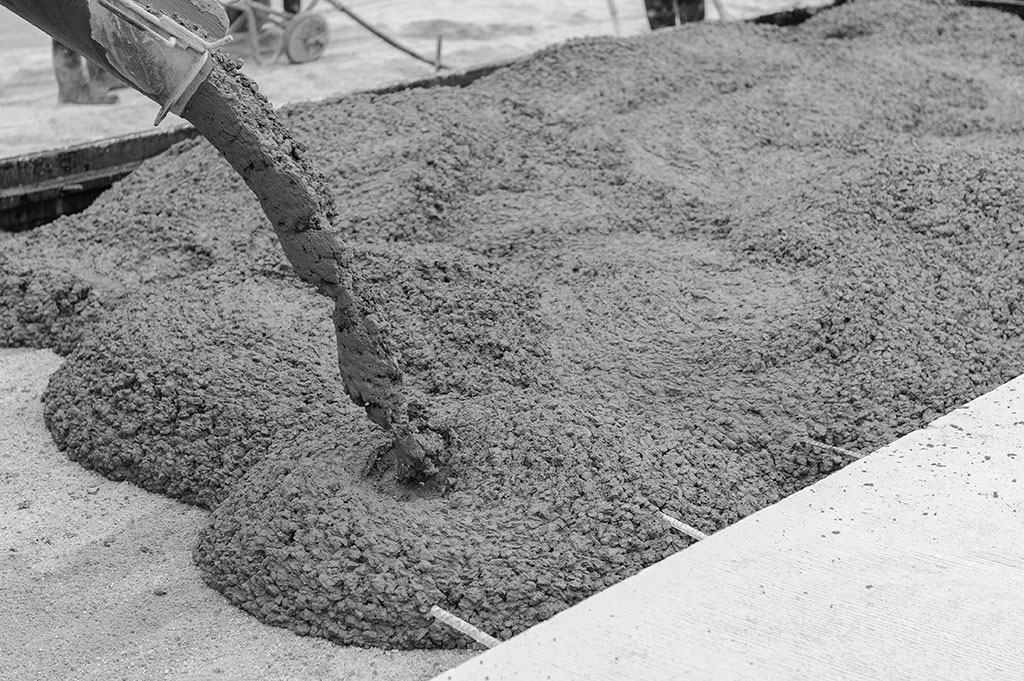Expert Concrete Installation: Transforming Your Space with Strong Structures
Expert Concrete Installation: Transforming Your Space with Strong Structures
Blog Article
Unveiling the Eco-Friendly Advantages of Making Use Of Recycled Concrete in Sustainable Building Practices
In the realm of sustainable building and construction practices, the application of recycled concrete stands as a crucial yet typically underestimated resource. Past its traditional applications, recycled concrete deals a myriad of green benefits that extend much beyond the boundaries of traditional building and construction materials.
Environmental Benefits
Undoubtedly, among one of the most substantial benefits of utilizing recycled concrete is its positive influence on the atmosphere. By including recycled concrete right into building methods, there is a considerable decrease in the demand for brand-new raw materials, resulting in conservation of natural deposits. This procedure assists in preserving aggregates, water, and energy that would have been made use of in generating new concrete. Additionally, the use of recycled concrete lessens the quantity of waste being sent to land fills, thereby lowering ecological contamination and relieving the stress on land fill capacities.

In addition, the manufacturing of traditional concrete is a significant resource of carbon exhausts because of the energy-intensive process of cement manufacturing. On the other hand, recycled concrete has a reduced carbon footprint as it reduces the demand for new concrete manufacturing. This reduction in carbon discharges contributes to mitigating climate change and sustains lasting building methods. Overall, the ecological advantages of utilizing recycled concrete are substantial and play an essential duty in advertising environment-friendly building methods.
Cost-Efficiency
Accomplishing cost-efficiency is a paramount consideration when examining the application of recycled concrete in building jobs. One of the crucial benefits of making use of recycled concrete is its cost-effectiveness contrasted to conventional concrete.
In addition, making use of recycled concrete can result in cost savings in land fill costs by diverting concrete waste from disposal sites. This not only decreases the environmental influence but likewise gets rid of the expenses connected with waste removal. In addition, the toughness and efficiency of recycled concrete approach standard concrete, making certain that expense savings do not compromise the quality of the construction.
Longevity and Toughness
Recycled concrete deals similar, if not premium, longevity and toughness residential or commercial properties to conventional concrete - Concrete. Via improvements in handling methods and top quality control, recycled concrete can satisfy or go beyond the performance criteria of traditional concrete.

Waste Decrease
Reliable waste reduction practices play a crucial function in the lasting application of sources within the construction market. Waste browse around here decrease is a key benefit that contributes substantially to environmental preservation when it comes to making use of recycled concrete. Traditional building techniques often generate considerable quantities of waste, specifically in the form of concrete rubble navigate to this website from demolition sites. By integrating recycled concrete right into building and construction tasks, this waste is repurposed and drawn away from land fills, lowering the overall environmental impact of building activities.
Additionally, the usage of recycled concrete can lead to cost financial savings for building tasks, as it is commonly more affordable than sourcing and moving brand-new materials - Concrete. In final thought, waste decrease through the usage of recycled concrete is a vital part of lasting construction techniques that profits both the environment and the building and construction market as a whole.
Power Preservation
Power conservation is a critical aspect of sustainable building and construction practices, aiming to lower the overall energy usage related to structure operations and materials manufacturing. Substantial energy cost savings are attained contrasted to traditional concrete manufacturing when it comes to making use of recycled concrete in building. The process of creating recycled concrete includes squashing and reusing existing concrete materials, which takes in much less power than mining, processing, and carrying basic materials for new concrete manufacturing. Furthermore, using recycled concrete can assist reduce the demand for virgin aggregate, more lowering the energy-intensive removal and processing of natural sources.
Conclusion
In verdict, the utilization of recycled concrete in sustainable construction techniques supplies many ecological advantages, cost-efficiency, durability, toughness, waste reduction, and energy preservation. By incorporating recycled concrete right into building projects, we can add to a much more sustainable and environmentally pleasant future. It is essential for the construction market to focus on the use of recycled materials to aid lower the ecological effect of building and construction activities.
One of the essential advantages of utilizing recycled concrete is its cost-effectiveness compared to traditional concrete.Moreover, the use of recycled concrete can lead to financial savings in landfill prices by diverting concrete waste from disposal websites. The toughness and performance of recycled concrete are comparable to sites conventional concrete, ensuring that cost financial savings do not endanger the quality of the building.

Report this page